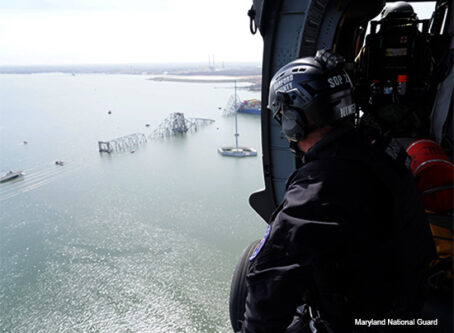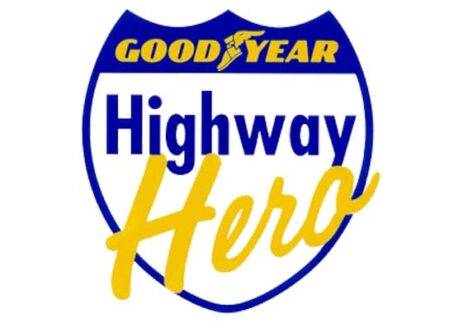West Virginia towing bill would gut existing rules, OOIDA says
A bill in the West Virginia Senate would undermine legislation passed in 2016 to protect truck drivers who were overcharged on third-party tows, the Owner-Operator Independent Drivers Association said.
A third-party tow is one that is initiated by law enforcement with no opportunity for the trucker to negotiate services or compare prices.
SB66, which was introduced in January, would require state police to follow the towing services policies of the respective county.
OOIDA opposes the bill because it would delete a statutory policy requirement that “provides for the most prompt, fair, equitable and effective response to requests or dispatches for emergency towing services,” and because it would require all towing companies registered with the West Virginia Public Service Commission to be included on rotation lists. OOIDA said that includes towing companies who are not qualified, do not have the appropriate equipment, or have no intention of following the rules.
In 2016, OOIDA worked with Del. Scott Cadle, the West Virginia Legislature, the West Virginia Towing Association and the West Virginia Public Service Commission to enact HB4186. The legislation led to the development of West Virginia’s maximum wrecker rates that apply exclusively to third-party tows. Cadle is an OOIDA life member.
OOIDA’s take
“Our shared goal was to protect consumers – in our case, small-business truckers – from unscrupulous towing companies and provide qualified and legitimate towing companies with a better rate package,” Mike Matousek, OOIDA’s manager of government affairs, wrote in a letter to West Virginia lawmakers.
“SB66 will effectively gut, or severely diminish, the existing rules. It’s mind-boggling that the West Virginia Legislature would even consider doing this considering it required the Public Service Commission to create these rules less than four years ago.”
OOIDA said the bill would require unqualified tow companies to receive rotation calls.
“This would allow them to pick and choose those calls that are most profitable, which would undermine the viability of qualified towing companies that have invested hundreds of thousands of dollars in heavy-duty rotators, wreckers, and other heavy-duty recovery equipment,” Matousek wrote.
Instead, OOIDA asked lawmakers to consider passing HB4657, which would make the existing third-party towing rules permanent, or amend SB66 to make it mirror HB4657.









